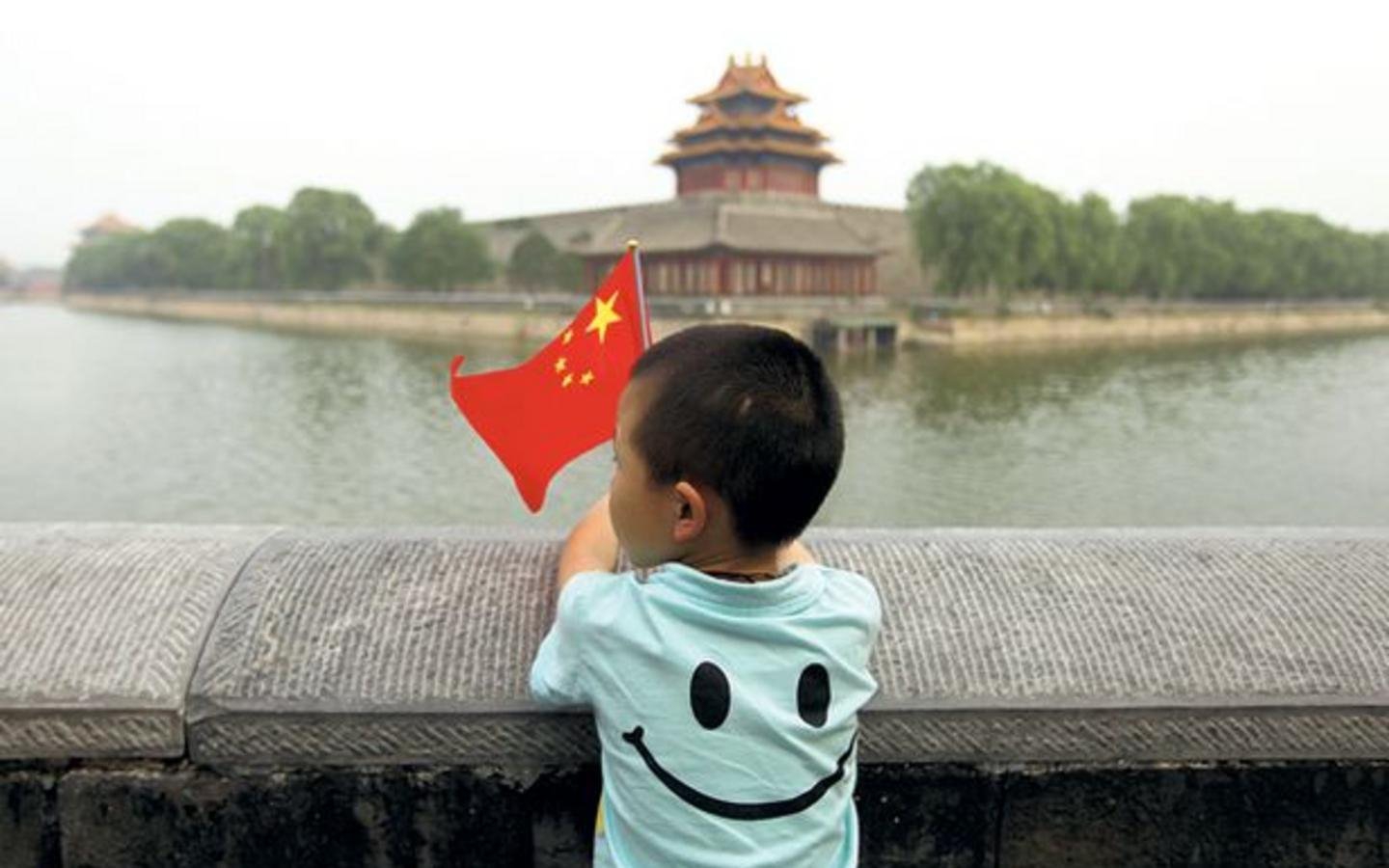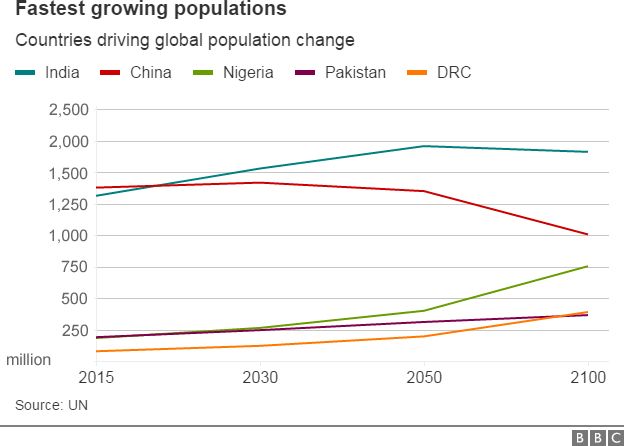
 China: Children of the Revolution
China: Children of the Revolution
Other | Sunday 1st November 2015 | Joe
After more than 35 years, the Chinese government has recently announced the decision to end it's famous one-child policy. We ask what this says about modern China, and the world at large.
What was the one-child policy?
In the late 1970s, the Chinese government realised that the population was growing too quickly for the economy or social services to cope with. They announced the one-child policy in 1979 as a solution – couples were only allowed a single child throughout their lives, and they would receive extra healthcare, education and benefits if they stuck to this rule.

The measure was controversial and difficult to enforce, especially in rural areas where large families were common. It is estimated that over 35 years, the rule prevented up to 400 million births in China, with many women receiving treatment to make them unable to have more children.
There were exceptions – nearly half of Chinese parents were allowed a second child if their first had been a girl for instance – but the law remained hugely unpopular.
Why has it changed?
An ageing population with slower rates of growth has led the all-powerful Chinese Communist Party to announce a change in its stance. India is soon predicted to take over China as the most populated nation on earth and, with Chinese industry suffering a similar slow-down, it is thought that a population and economic boom may go hand-in-hand.

There is a huge problem of gender and age imbalance in China – too many old men, essentially. The reaction from the Chinese authorities has been a reluctant acceptance that the one-child policy can no longer continue.
What will it mean for China?
We should not assume that the abolition of the one-child policy is going to mean instant change for China. For starters, the policy has been replaced with another, Chinese couples are now to be allowed two children - "How Generous!" I hear you cry. Yet there are sure to be some changes:
What should it tell us?
China’s children revolution has wider themes and questions tied up within it. Firstly, and most importantly, it raises the question of what we are doing to our planet. China – with its terrible reputation for human rights and environmental awareness – is the best example of an energy-sapping modern industrial superpower.
True, it has driven economic and technological change in the West with its huge workforce and cheap manufacturing costs. But is this worth it, when all is said and done? Chinese policy seems to be more concerned with economic growth rates than with social welfare – somewhat ironic in a communist country. Does consumerism in the West legitimise such action in the Far East?

The relaxation of the one-child policy is a success for personal liberty in China, though they still have a long way to go. Yet, if it does drive China forward into an age of economic boom, built on steel and smoke, does this success come at the cost of us failing our world?
